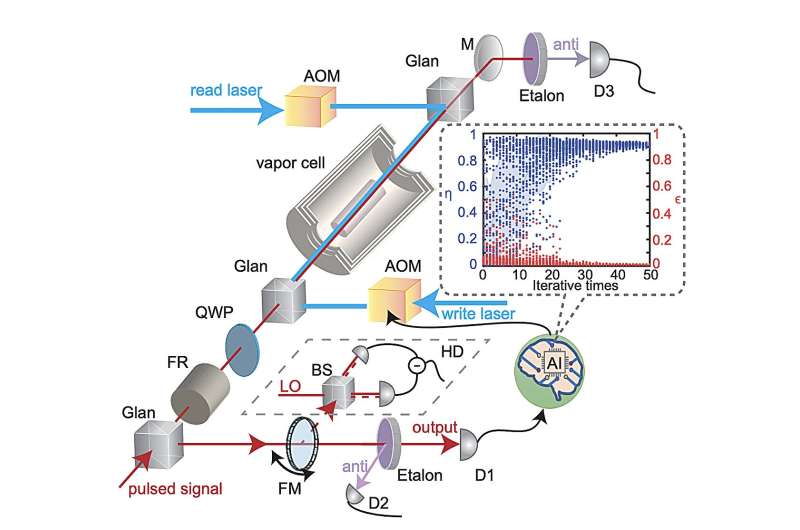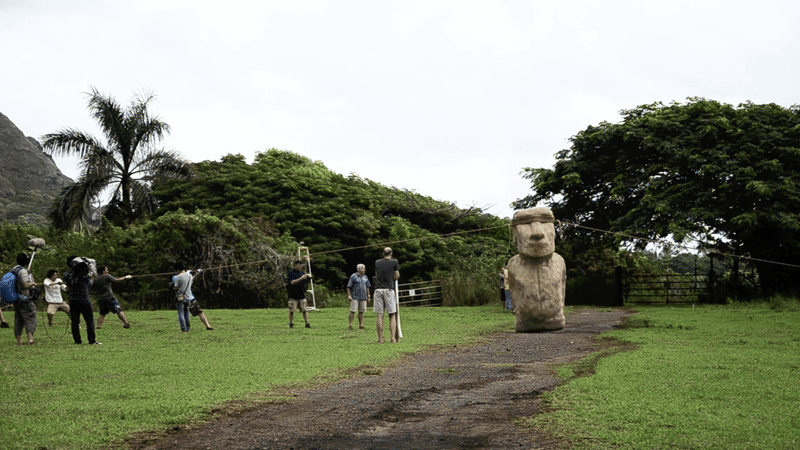Masih Alinejad, an outspoken critic of the Iranian regime, faced two Russian nationals in a New York courtroom on February 12, 2024. The men received sentences of 25 years after being convicted for their involvement in a planned assassination attempt against Alinejad. This case has drawn significant attention, highlighting ongoing threats against journalists and activists who challenge authoritarian regimes.
The two Russians, identified as Alexei Ivanov and Sergei Petrov, were arrested last year after an elaborate investigation revealed their ties to the Iranian government. Prosecutors described how they were allegedly hired to eliminate Alinejad, who has lived in self-imposed exile in the United States since 2015. Her work has been critical in exposing abuses within Iran, making her a target for retribution.
In a powerful moment during the court proceedings, Alinejad addressed the court directly, condemning the actions of her would-be assassins. “I refuse to be silenced,” she stated. “This sentence is not just justice for me; it is a message to all those who dare to speak out against tyranny.” Her words resonated, emphasizing the importance of freedom of speech in the face of danger.
The case has broader implications, as it underscores the Iranian regime’s efforts to stifle dissent beyond its borders. Alinejad’s activism has garnered international support, and her case has been closely monitored by human rights organizations. According to reports from the Committee to Protect Journalists, such attacks on journalists are increasingly common, raising alarms about press freedom worldwide.
Iranian officials have denied any involvement in the assassination plot, labeling the accusations as baseless. However, the investigation revealed a network of operatives linked to Tehran, further complicating diplomatic relations between Iran and the West. The United States government has condemned the threats against Alinejad, with officials reiterating their commitment to protecting human rights advocates.
Alinejad has become a symbol of resistance for many, with her social media presence amplifying her message. Her activism has not only focused on women’s rights in Iran but has also shed light on broader issues of political repression. The sentencing of Ivanov and Petrov is seen as a crucial step in holding those accountable who seek to silence voices of dissent.
As Alinejad continues her advocacy, she remains vigilant, aware that the threat to her life is not over. “This is a fight for all of us,” she emphasized, urging others to stand firm against oppression. The outcome of this case serves as a reminder of the risks faced by those who challenge authoritarianism and the importance of international solidarity in ensuring their safety.
The implications of this case extend beyond Alinejad, reflecting a growing trend of state-sponsored violence against dissenters. As the world watches, the commitment to press freedom and the safety of journalists remains critically important in the ongoing struggle for democracy globally.







